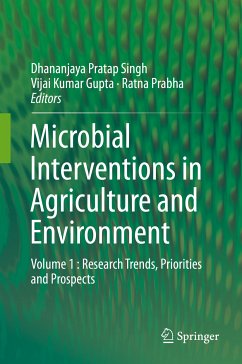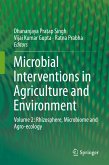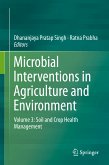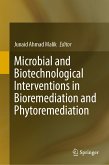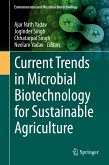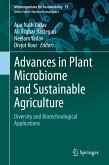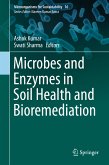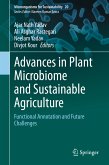Microbial communities and their functions play a crucial role in the management of ecological, environmental and agricultural health on the Earth. Microorganisms are the key identified players for plant growth promotion, plant immunization, disease suppression, induced resistance and tolerance against stresses as the indicative parameters of improved crop productivity and sustainable soil health. Beneficial belowground microbial interactions with the rhizosphere help plants mitigate drought and salinity stresses and alleviate water stresses under the unfavorable environmental conditions in the native soils. Microorganisms that are inhabitants of such environmental conditions have potential solutions for them. There are potential microbial communities that can degrade xenobiotic compounds, pesticides and toxic industrial chemicals and help remediate even heavy metals, and thus they find enormous applications in environmental remediation. Microbes have developed intrinsic metabolic capabilities with specific metabolic networks while inhabiting under specific conditions for many generations and, so play a crucial role. The book Microbial Interventions in Agriculture and Environment is an effort to compile and present a great volume of authentic, high-quality, socially-viable, practical and implementable research and technological work on microbial implications. The whole content of the volume covers protocols, methodologies, applications, interactions, role and impact of research and development aspects on microbial interventions and technological outcomes in prospects of agricultural and environmental domain including crop production, plan-soil health management, food & nutrition, nutrient recycling, land reclamation, clean water systems and agro-waste management, biodegradation & bioremediation, biomass to bioenergy, sanitation and rural livelihood security. The covered topics and sub-topics of the microbial domain have high implications for the targeted and wide readership of researchers, students, faculty and scientists working on these areas along with the agri-activists, policymakers, environmentalists, advisors etc. in the Government, industries and non-government level for reference and knowledge generation.
Dieser Download kann aus rechtlichen Gründen nur mit Rechnungsadresse in A, B, BG, CY, CZ, D, DK, EW, E, FIN, F, GR, HR, H, IRL, I, LT, L, LR, M, NL, PL, P, R, S, SLO, SK ausgeliefert werden.

